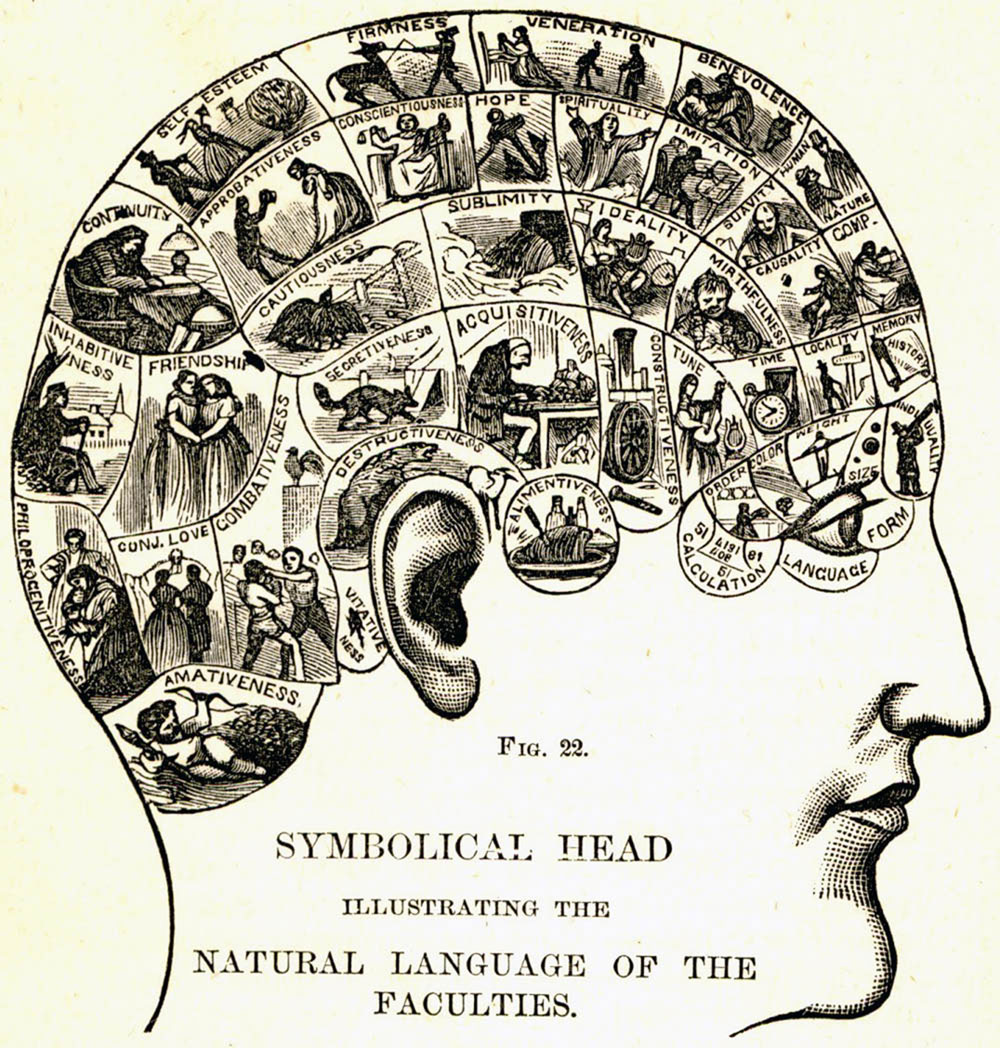"Then Job answered the Lord, and said, Behold, I am vile; what shall I answer thee? I will lay mine hand upon my mouth." --Job 40.3-4
"God grant me the serenity to accept the things I cannot change;
courage to change the things I can;
and wisdom to know the difference."
--Alcoholics Anonymous
***
Today, I promised my therapist that I would stop seeking out and dwelling on trivial things that annoy me. Like many people, I am frequently enraged, not only because I spend most of my leisure time reading the blogs of people I disagree with politically but also because I have an insatiable need to fix things. When something is stupid or bad or unethical, I become obsessed with it. I (incorrectly) believe that if people would only listen to reason, life would be better and the things that annoy me would go away.
But, of course, people never listen to reason. And that's not really the story here. The story is that I promised my therapist I would stop focusing on things that annoy me, but, today, when I logged onto Facebook, I saw that my friend Brendan posted this:
Unless my eyes deceive me, that is an advertisement for a Thought Catalog dating website. My only hope is that one of these people has a deadly venereal disease that wipes out the whole population, like a millennial Typhoid Mary.
The thing is, I can't tell if the ad is real, or merely a phantom sent to torment me. All that the search engine is turning up is the usual TC drivel like, "You'll Never Understand What It Means To Be A 90s Kid Until You Get Your Heart Broken." But, on some level, I know that Thought Catalog dating is inevitable. If it doesn't exist today, it will tomorrow. There's no better brand-tie in for a generation of narcissists obsessed with their own nominal "sexual freedom" who are also unable to look away from a computer screen. The feigned affect of the internet memoir meets the feigned intimacy of internet porn and spawns its own hideous, hell-beast monster: Thought Catalog Dating.
Long story short: this banner ad is conclusive proof that I am a modern day Job. Welcome to the the culmination of my trials. God is not great.



